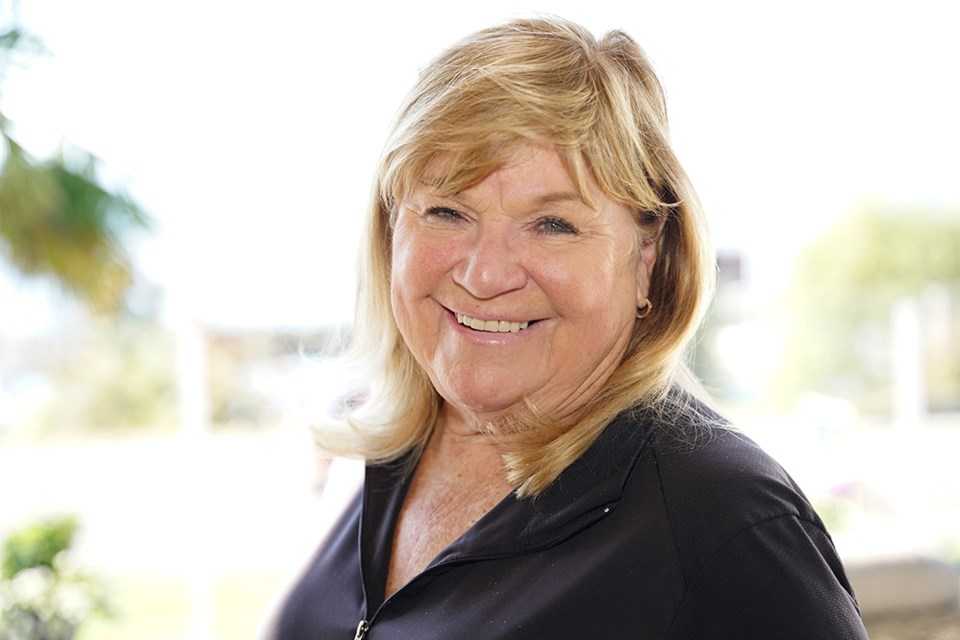The theme of this year’s National Addictions Awareness Week (November 19 to 25) is: Inspiration, Innovation and Inclusion.
I feel fortunate to have been involved in a number of initiatives over the years that exemplify this theme in the qathet region.
In 2018, after the success of our first Fentanyl Forum in 2016, a group of community partners came together to create the qathet Community Action Team (qCAT), a community group dedicated to addressing overdose deaths and the toxic drug supply in our community. This group is a living example of inspiration, innovation and inclusion, with dozens of community organizations involved.
We have worked to respond to toxic drug-related deaths. Right now, for the first time since the 2016 provincial health emergency declaration was made, we have had no confirmed overdose related deaths in our community for four consecutive months. This is an amazing achievement and one to be proud of.
Inspiration, innovation and inclusion aren’t just about action; they are also about how we think and how we talk about a topic.
There is a growing body of research on the role that stigma plays in preventing people from accessing information and support - support that can minimize substance-use-related harms on an individual. We need to move away from words such as addict and drug addiction, which stigmatizes people who use substances and allows us to distance ourselves from the issue.
Increasingly, substance use is recognized as a spectrum where substances, including alcohol, tobacco, cannabis, controlled and illicit drugs are used for different reasons, including medical purposes, religious or ceremonial purposes, personal enjoyment, and stress and pain relief. Substance use itself is not “bad,” although its associated risk can increase depending on individual use.
Reframing a discussion about substance use so it is person-centred reminds us that people who use substances are just that - people.
When we talk about substance use in our community, we are really talking about how we take care of each other. Conversations about substance use also need to be about medical access, housing, poverty and mental health.
It is not a standalone issue with a standalone solution; it is a community issue that requires community response ranging from provision of services to individual empathy and understanding.
Maggie Hathaway is president of Lift Community Services' board of directors.
Join the Peak's email list for the top headlines right in your inbox Monday to Friday.



